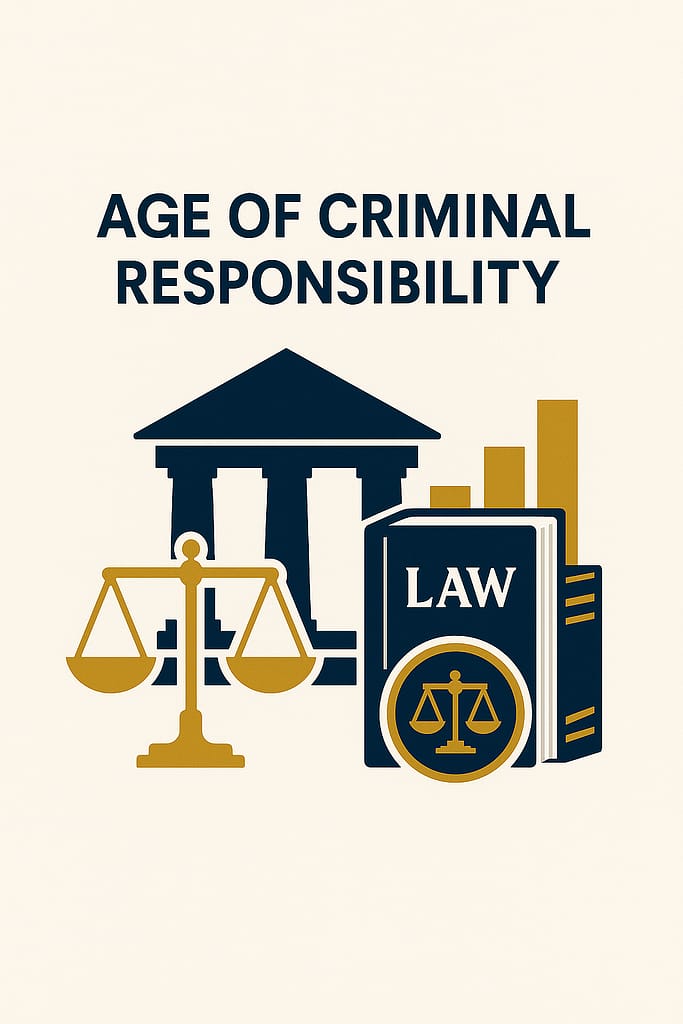The age of criminal responsibility across the Caribbean reveals a stark disparity, ranging from as low as seven years in Grenada to thirteen years in Haiti. This inconsistency highlights the region’s struggle with juvenile justice reform, a topic that has long been debated globally. While modern criminal justice systems advocate for a minimum age of twelve, many Caribbean nations, including Antigua and Barbuda (8 years), the Bahamas (10 years), and Trinidad (7 years), have yet to align with this standard. The United Kingdom, despite expert recommendations, maintains a ten-year minimum, influencing its Caribbean territories like the Cayman Islands, which recently considered but did not adopt a twelve-year threshold. This reluctance to modernize has been criticized, particularly in light of rising juvenile crime rates. For instance, Jamaica has seen twelve-year-olds charged with murder, and the Cayman Islands faced a high-profile case involving a twelve-year-old accused of a gun-related offense. Critics argue that law reform bodies in the region should include not only prosecutors but also criminal defense attorneys, who bring firsthand experience and insight into the challenges faced by at-risk youth. The lack of progress in this area mirrors broader societal issues, such as the Cayman Islands’ failure to implement a comprehensive plan for youth violence prevention despite a significant budget allocation. As the region grapples with these challenges, the question remains: should resources be directed toward building more prisons or investing in alternative solutions to address the root causes of juvenile delinquency?
COMMENTARY: Caribbean Criminal Responsibility – Suffer Little Children
